Dungeons & Dragons is filled to the brim with ways for players to customize their characters, making them distinct and personalized. While a player’s choice of their character’s race and origin is important, a character’s choice of class shapes the core abilities a given character will be able to bring to an adventuring party.
Although the game’s thirteen classes are each unique, they can be divided into two categories: martial classes and spellcasting classes. As you might expect, spellcasting classes are those that are designed around the use of magic to help solve problems both in and out of combat. As the different caster classes in Dungeons & Dragons each bring entirely different utility and mechanics, we’ll explore what each of these caster classes is capable of for newcomers trying to decide what type of caster may suit you!
Bard
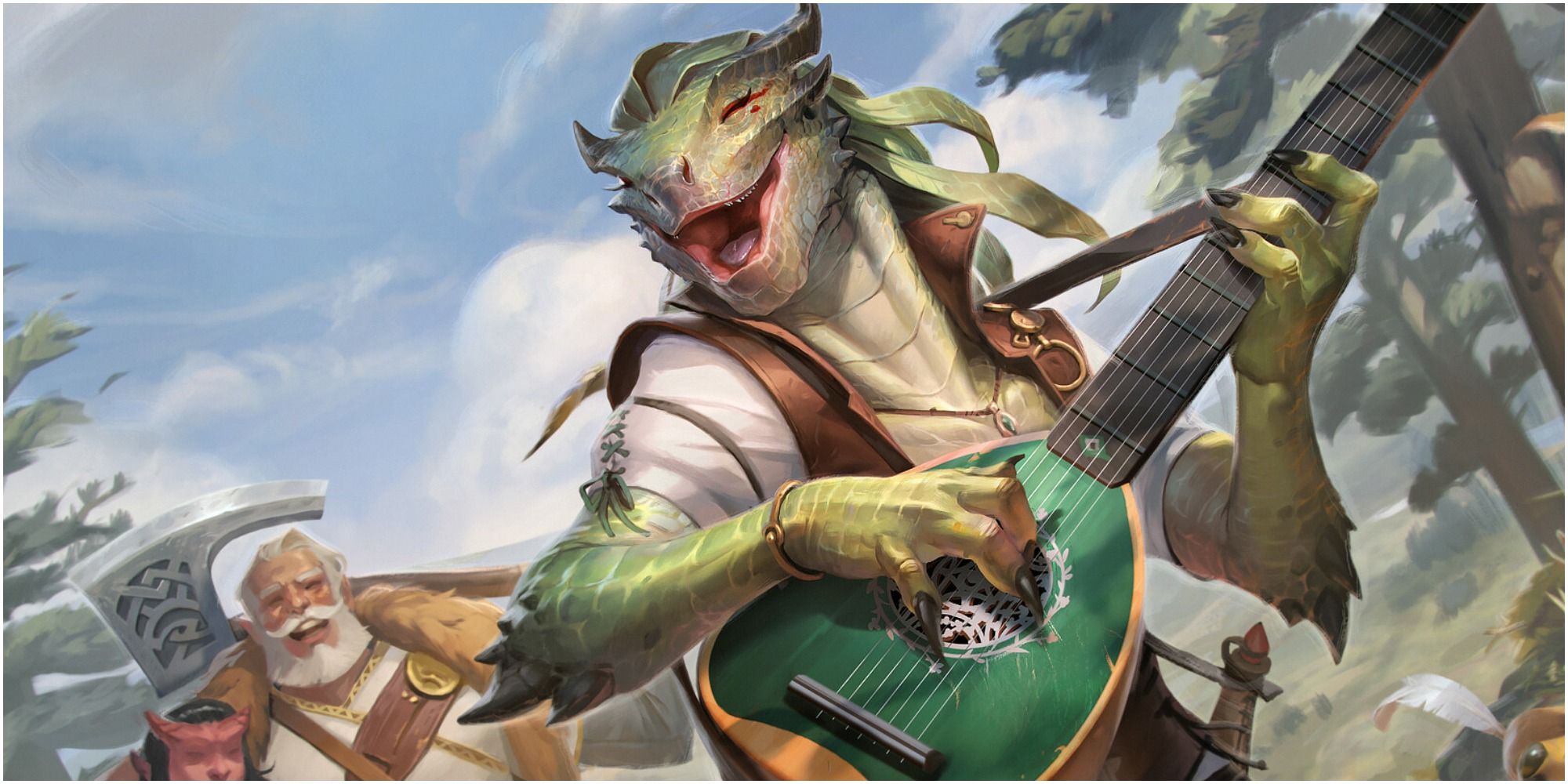
Bards are a class that use their charisma to harness the power of music, performance, and expression to cast spells and support their allies. Among the most flexible classes in D&D, while not as damage focused as a class like a wizard, bards have access to their fair share of offensive options, healing magic, and options. useful utilities. In particular, bards can fill almost any role a party may need, as a bard is able to master any skill in the game while its various subclasses can allow a player to choose an area where their bard truly excels. One of the most notable features of the Bard class is “Bardic Inspiration”, a feature that allows a Bard to help improve the abilities of their allies.
Strengths
- Very flexible
- Excellent as a part negotiator
- Able to offer support through bardic inspiration and healing magick
Weaknesses
- Lack of powerful blasting spells
- Poor defensive options
Cleric
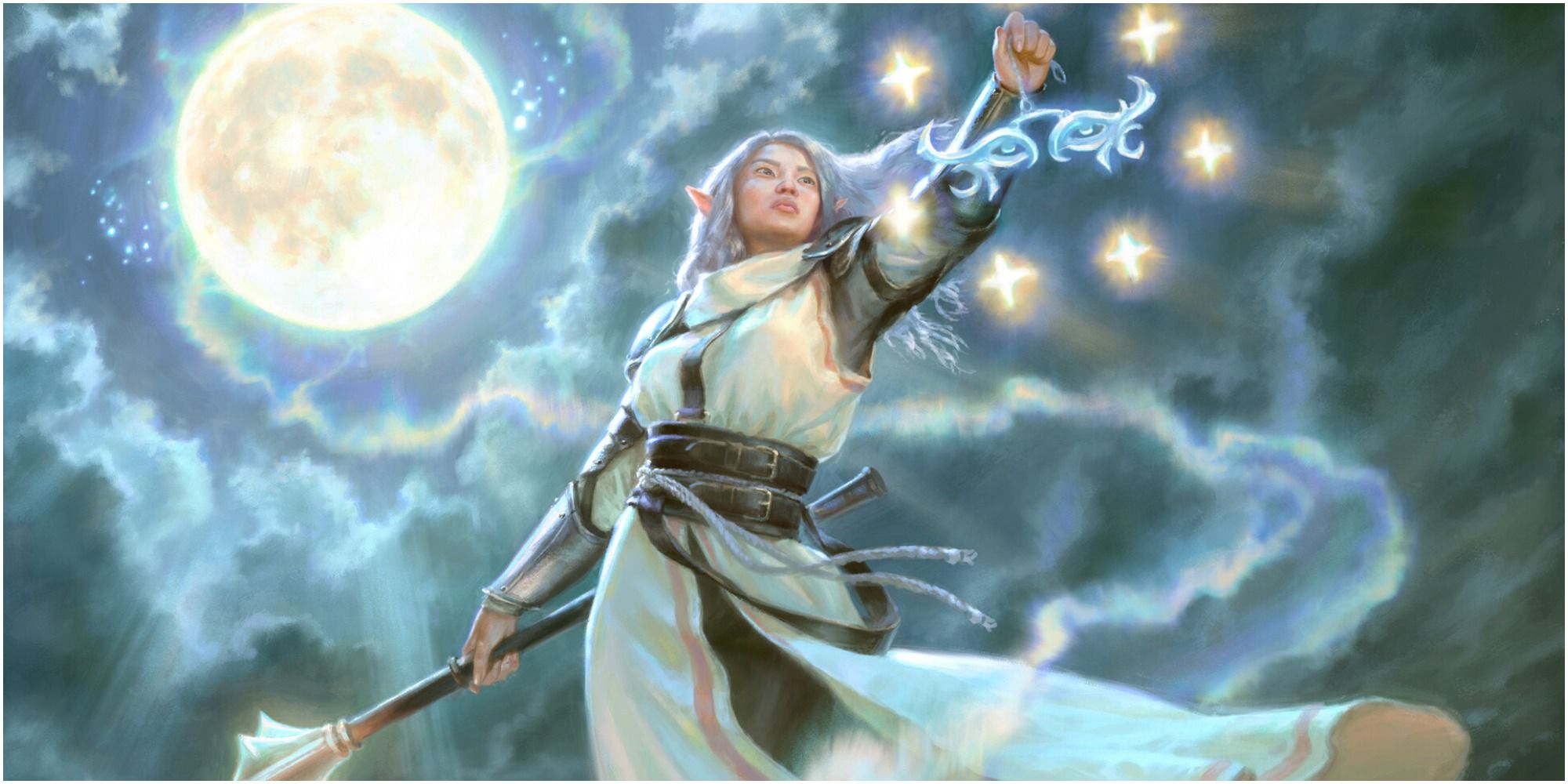
Wielders of divine magic, Clerics are wisdom-based spellcasters who gained their spellcasting abilities through devout faith in one of the various gods of D&D’s pantheon. With a reputation as the best support class in D&D, Clerics have access to a massive number of support spells that can be used to heal allies, improve their offense or defense, or help with status effects. negatives. Although known for their support utility, Clerics have access to many solid offensive options that allow them to defend themselves in combat. Additionally, depending on the domain of the god they serve, Clerics have access to additional utility abilities and special Channel Divinity abilities that can do anything from healing allies to dealing damage to enemies. . As many cleric subclasses have access to heavy armor proficiency, it’s worth noting that clerics are often among the most durable spellcasters in D&D. It should also be noted that instead of learning their spells, Clerics can prepare spells on a long rest. This means they can prepare for obstacles and fight in advance, ensuring they are ready to cast spells that are relevant and useful for a given situation.
Strengths
- Best healing options in the game
- Incredible support options
- Capable of offering solid damage in combat
- Particularly durable
Weaknesses
- Lack of variety of damage types, as almost all cleric spells deal radiant or necrotic damage
Druid
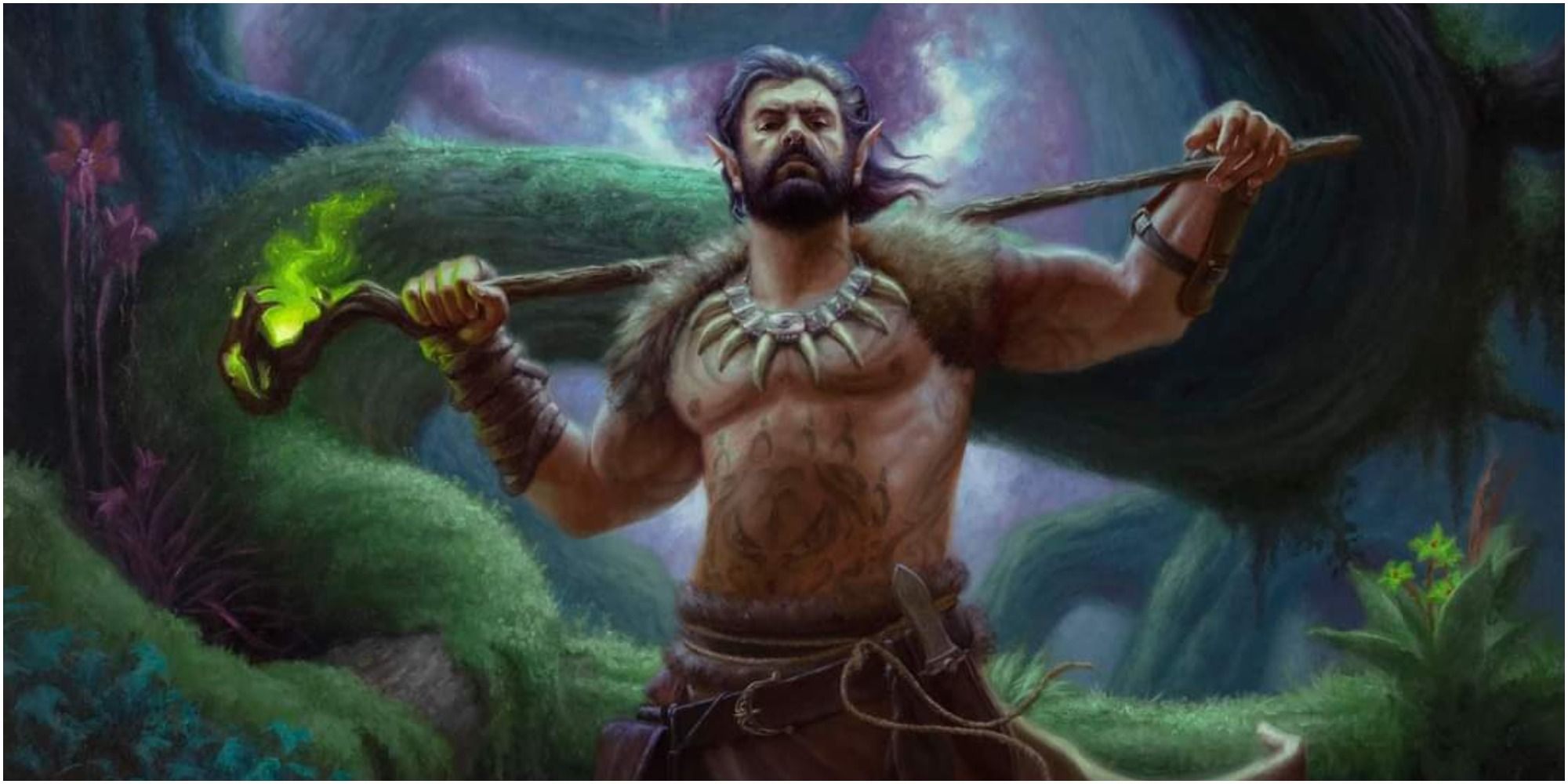
Druids are wisdom-focused spellcasters who use nature-based magics that, like the cleric, excel both offensively and when supporting their allies. Outside of their spellcasting abilities, one of the most notable elements of a Druid is their Wild Shape feature. This ability allows a druid to temporarily transform into an animal form, granting disguise, mobility, and even extra HP. With healing options that rival those of the Cleric and Bard, Druids are quite adaptable like the Cleric due to their ability to prepare spells over a long rest. While Druids have access to a wide range of impressive spells, many of which are even class-exclusive, it’s worth noting that many of the Druid’s key spells are focus spells, meaning it’s often important to a player to ensure that his druid has a high level. constitution for the inevitable concentration checks.
Strengths
- Access to a massive and flexible spell list
- Capable of casting awesome offensive and support spell options
- Wild form allows a druid to reliably transform into animal forms
Weaknesses
- Heavy reliance on using focus spells
Wizard
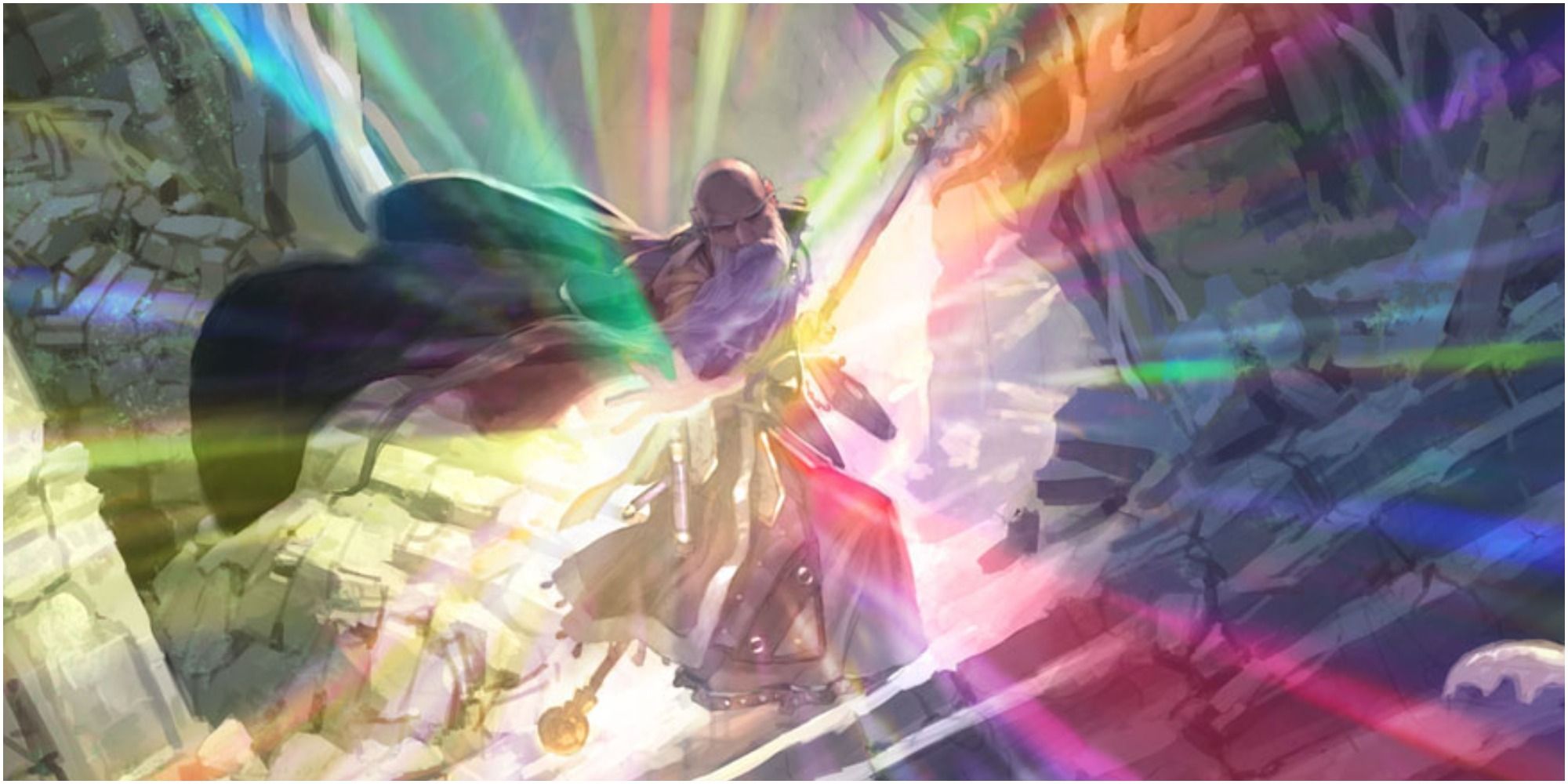
Sorcerers are spellcasters whose access to magic is a result of lineage or influence from another plane. Using their charisma to cast spells, wizards are perhaps the most offensive spellcasters in D&D, offering a list of high-damaging spells and several ways to augment their spells to make them even deadlier. Although quite flimsy, with a d6 hit dice and no armor options, these glass cannons can deal massive damage to enemies in a group. One of the most notable features of the Sorcerer class is its metamagic mechanic. Through the use of sorcery points, a wizard can augment their spells in a number of ways, from extending their range to allowing a spell to hit an additional target. These points can even be exchanged for additional spell slots, giving the class a stellar and flexible resource to use. The different subclasses of a Sorcerer can alter a Sorcerer’s usefulness, providing features such as support options, enhanced damage, mobility, or even completely random effects in the case of the Wild Magic Sorcerer.
Strengths
- Phenomenal damage against single targets and crowds of enemies
- Able to adapt flexibly to different situations through the use of Metamagic
Weaknesses
- Particularly fragile glass barrels
- Lack of support options depending on the subclass
warlock
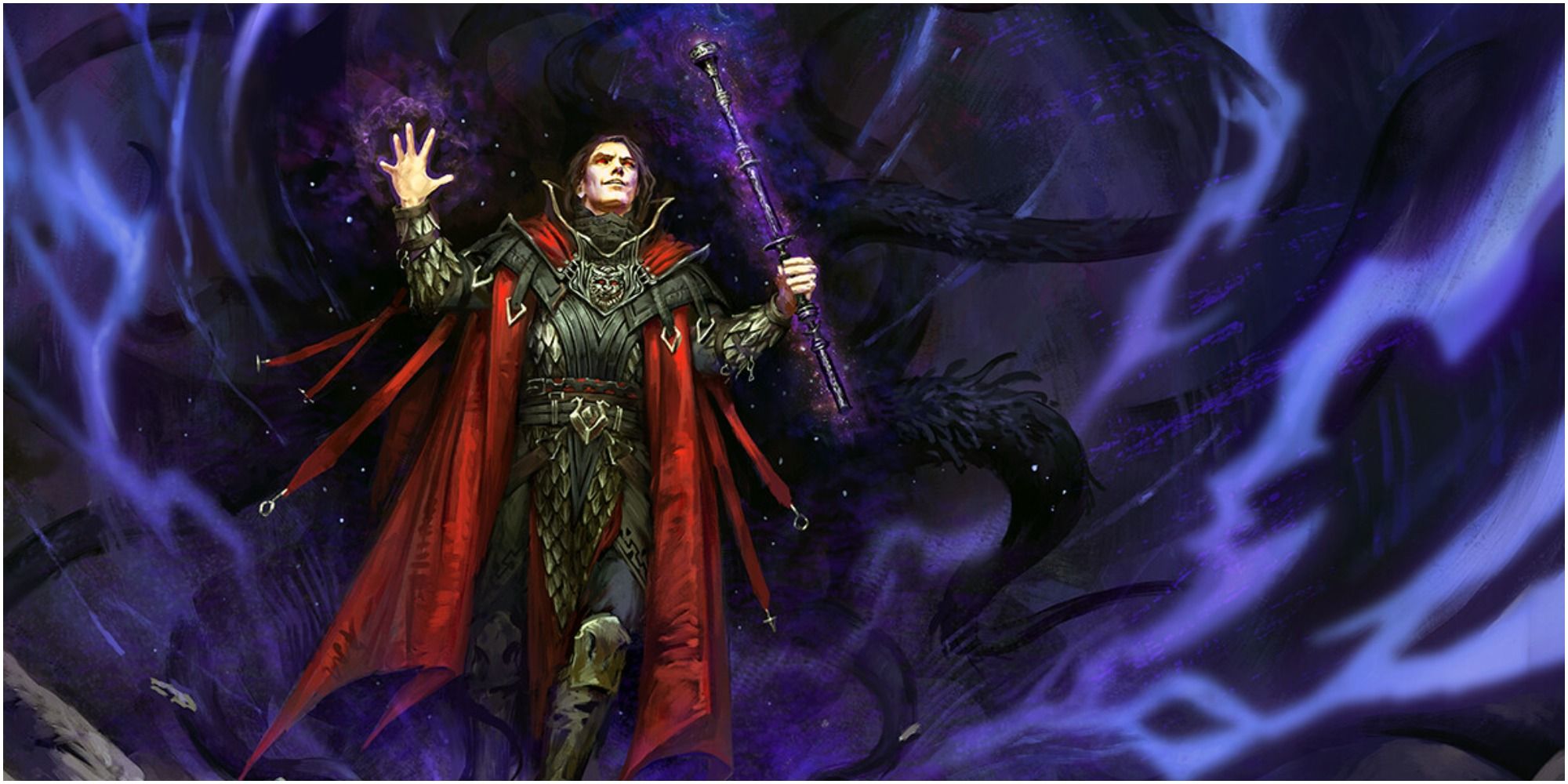
Another class of spellcasters who use their charisma to cast spells, Warlocks are those who gained their magic through pacts with powerful otherworldly beings such as demons, archfey or even eldritch beings beyond mortal comprehension. Sorcerers are mechanically quite distinct from the other classes on this list and allow for a fair degree of customization. While all other spellcasters have a fairly large pool of spell slots to manage over the course of a day, reclaiming used slots after completing a long rest, warlocks have far fewer slots to use at the time. times. However, while other classes have access to spell slots of different levels. each of a warlock’s spell slots are of their highest available level, and these slots are recovered after simply completing a short rest. Additionally, in addition to choosing their subclass and spells like the other classes on this list, Warlocks also choose from several Pact Perks and Eldritch Summons available as they level up, giving Warlocks a huge range utilities based on player choice. Due to the sheer number of choices a player has when building their Warlock, even within the same party, it is highly unlikely that two Warlocks will bring the same utility to a party. It’s also worth noting that while they have fewer spell slots available at any given time than other spellcasters, Warlocks have exclusive access to D&D’s most powerful Cantrip: Eldritch Blast, a Cantrip that can even be increased through the use of Eldritch Summons.
Strengths
- Highly customizable
- Can adapt to various roles within a party based on Subclass, Pact, and Eldritch Summon choices
- Regain their spell slots by simply taking a short rest
- Able to deal reliable damage without spell slots thanks to their access to Eldritch Blast
Weaknesses
- Very few usable spell slots to use in a single encounter
- The use of short rests can be troublesome in a group that refuses to rest.
Wizard
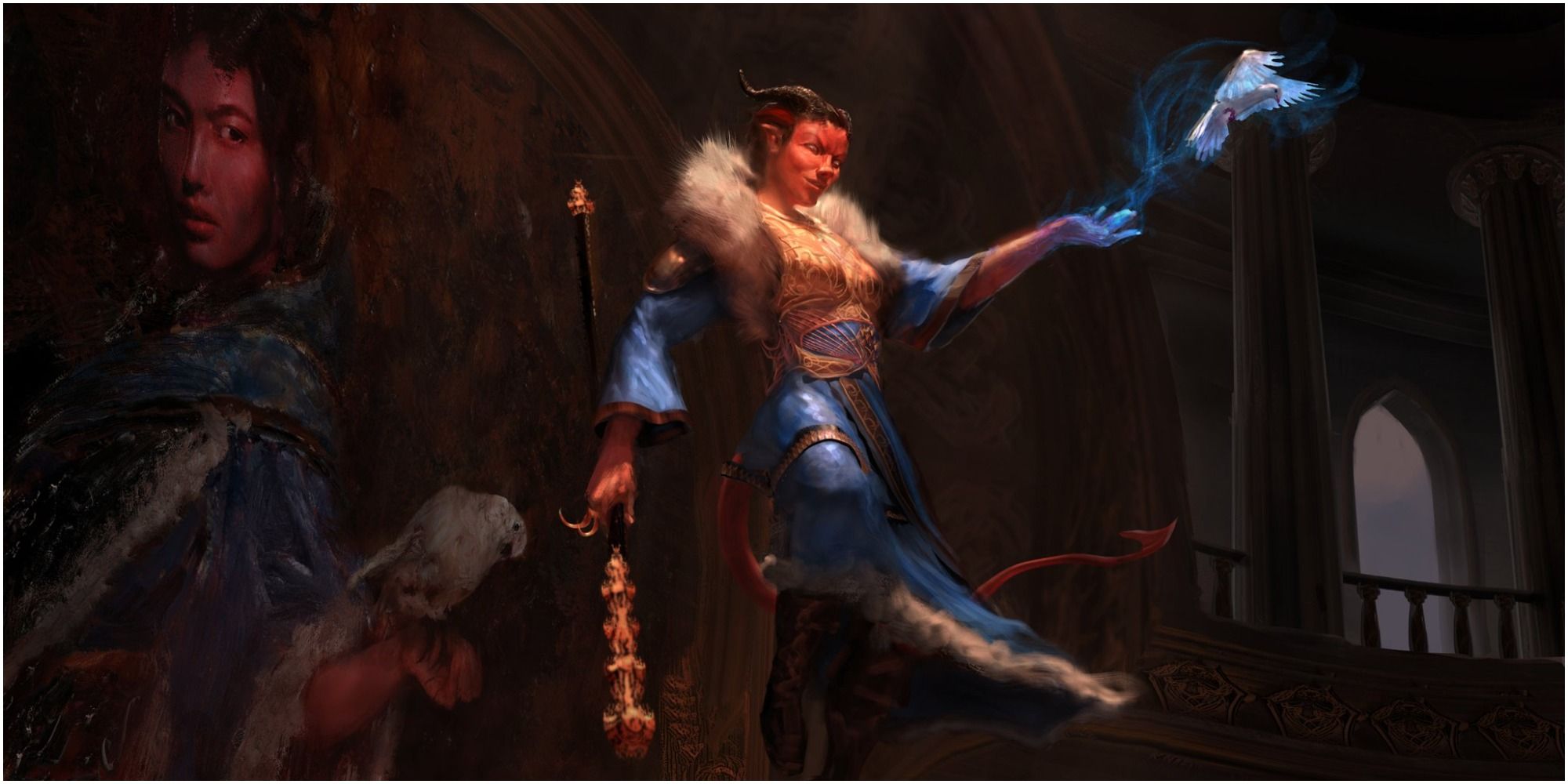
The classic archetype of spellcasters, wizards are learned mages who study and learn their spells, recording them in spell books. Like Sorcerer’s Wizards, they are some of the most fragile characters in D&D, having access to small HP and armor options. However, while Sorcerers compensate for this fragility with the power of its spell damage and metamagic options, Sorcerers compensate with flexibility. With a huge spell list filled with high damage and utility spells, Wizards can use a wide range of magic to solve almost any type of problem a party may encounter. In addition to their massive spell lists, wizards are also able to transcribe additional spells into their spell books throughout a campaign, meaning a single wizard can often serve as a swiss army knife of utility based on magic.
Strengths
- The biggest spell list in the game
- Capable of inflicting incredible damage through spells
- Incredibly flexible, allowing different types of utility to be acquired through new spells
Weaknesses
- Among the most fragile classes in the game
Read more
About the Author
 Resource KT
Resource KT


